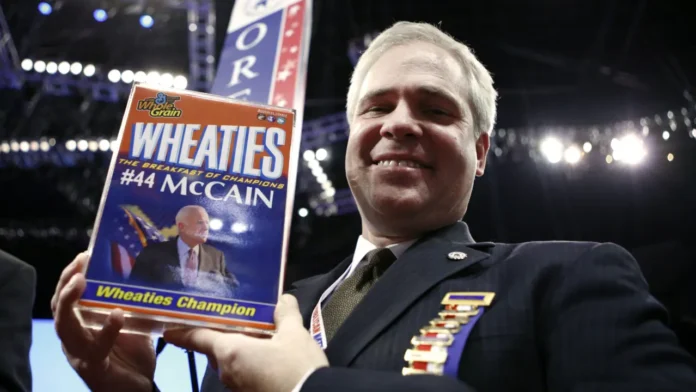Vance Day, a former judge from Oregon who was suspended from the bench in 2018, has been appointed to serve in the Trump administration. Day, who previously faced multiple allegations of misconduct during his judicial tenure, will take on the role of senior counsel to the deputy attorney general.
According to reports from Willamette Week, Day’s suspension from the Marion County bench was based on several ethical violations. The Oregon Supreme Court suspended him for three years without pay in 2018, following a recommendation from the Oregon Commission on Judicial Fitness that he be permanently removed. His suspension stemmed from accusations including refusing to perform same-sex marriages, intimidating a soccer referee, allowing a felon to handle firearms in his presence, and accepting money from lawyers who appeared before him in court to sponsor veteran-related decorations in the courthouse. Additionally, he was criticized for displaying a picture of Adolf Hitler in a courthouse hallway, though he defended the display as a representation of the defeat of fascism by liberal democracy.
Day, a former trial lawyer, previously served as chairman of the Oregon Republican Party from 2005 to 2009. He was appointed as a judge in Marion County in 2011 by a Democratic governor. However, his judicial career became controversial due to allegations of violating ethical standards related to integrity, impartiality, and independence. The formal complaint against him accused him of dishonesty and misconduct that reflected negatively on his character and ability to serve as a judge.
In his new role, Day will serve as senior counsel to the deputy attorney general, a significant position within the U.S. Justice Department. The current acting deputy attorney general is Emil Bove, while President Donald Trump has nominated Todd Blanche to take over the role permanently, pending Senate confirmation.
Day’s appointment has drawn attention due to his controversial past and the ethical concerns that led to his judicial suspension. His position in the Justice Department places him in close proximity to key legal and policy decisions, making his history a point of discussion among legal and political circles.





